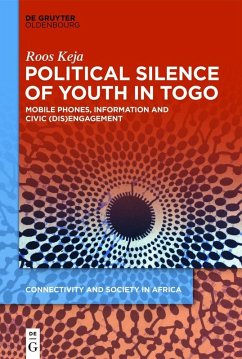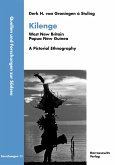This ethnographic research provides a snapshot of the changes brought about by new ICT in the social fabrics and the lives of these young people. The place and period are highly relevant for getting a better understanding of the forms that civic engagement can take, and the roles that new ICT can play in settings of political repression. Togo has been ruled by the same family for over half a century, and Sokodé is one of the rare places of fierce political opposition. However, young people do not persevere in massive street protests like in other countries, even though they appear to have every reason to do so. How can the circumstances and social processes be understood that are leading to this 'political silence', and how do frustration and anger find their way?
The link between new ICT and civic engagement has more often been made, but mostly quantitative and volatile, lacking empirical grounding. This book demonstrates that there is indeed a connection between new ICT and social change. Through their phones, young people inform themselves in different ways, and they react differently to social and political changes. Their reflection on politics has also altered, minimal as it may seem. By closely regarding the context and mechanisms by which the trustworthiness of information is valued, this book contributes to the nascent research field of communication and political anthropology.
Roos Keja, Goethe University Frankfurt, Germany.
Dieser Download kann aus rechtlichen Gründen nur mit Rechnungsadresse in A, B, BG, CY, CZ, D, DK, EW, E, FIN, F, GR, HR, H, IRL, I, LT, L, LR, M, NL, PL, P, R, S, SLO, SK ausgeliefert werden.









